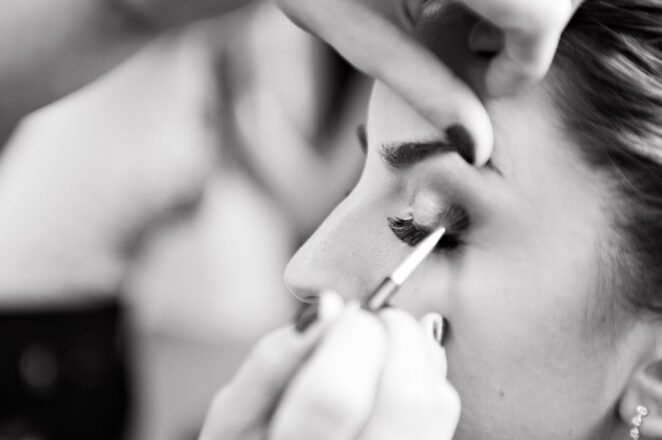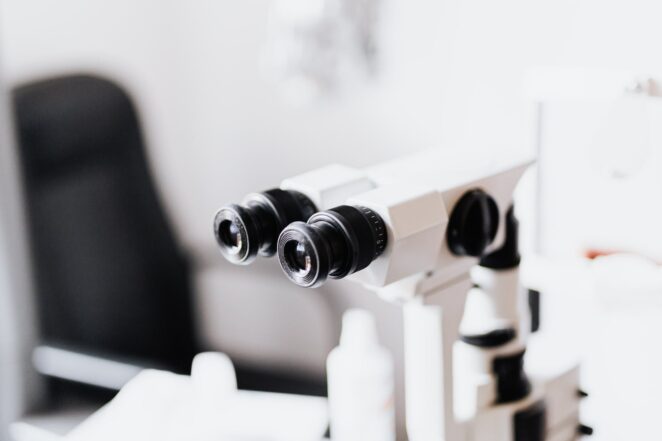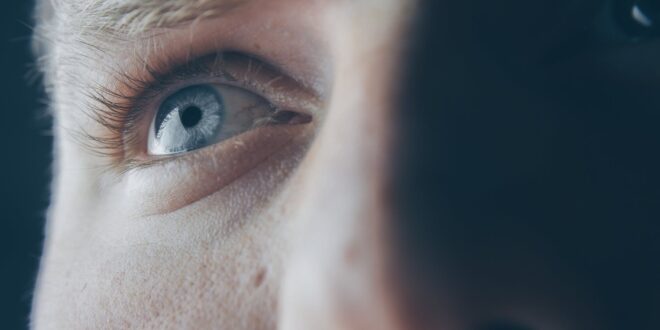Presently, we attach such a high value to our health, with a well-balanced diet and regular exercise being part of our daily routines. We also pay special attention to our skincare routines, with some of us even going to the trouble of following a lengthy 10-step regimen only to obtain flawless skin. Why then should we take our vision for granted?
Our eyes are more than simply portals to our inner selves. They are one of the most vital elements of our bodies since they assist us in navigating the world and doing tasks from the minute we wake up. It’s just as crucial, then, that we prioritize eye health and provide our eyes with the attention they deserve.
Here are some strategies to make sure your eyes get the love and attention they need to be healthy. Let’s get to it!
1. Be Careful With Eye Makeup

Bacteria can be found in liquid and creamy eye makeup. Every three months, throw out your eye makeup and mascara. If you have an eye infection, discard all of the current eye makeup and schedule an appointment with your eye doctor as soon as possible. Avoid using store samples and don’t share your makeup with everyone. If you have allergies, look for hypoallergenic goods and exercise caution while trying new ones.
To conveniently monitor for probable allergic responses, try one different single product at a time. Before wearing makeup, make sure your skin is nice and clean. Before falling asleep, remove your makeup and cleanse your face.
Moreover, you need to be careful of the lashes you use. Avoid too long lashes as they end up accumulating debris and dust that will eventually harm your eyes. Rather, consider working with your lash specialists to determine the best diameter for volume lashes before installation. For more information about this you can check out starseedmakeup.com.
2. Be Watchful of Your Screen Time

It is possible that staring at a computer, tablet, television, or smartphone screen will make your eyes fatigued and induce eyestrain. Screen blue light has the prospect of hurting your eyes. When tracking screen duration, follow the 20-20-20 guidelines. This implies that every 20 minutes you look at your device screen, you should take a 20-second break and gaze at anything at least 20 feet away.
3. Protect Your Eyes Both at Home and at Work

At home and on the job, eye injuries are prevalent. Approximately 2k+ people hurt their eyes at work daily, necessitating medical attention. Analysts predict that if individuals wore proper eye protection, 90%+ of eye injuries might be avoided. When dealing on projects at work such as a robotic welding machine, or at home that may cause particles to fly into your eyes, wear protective goggles.
When participating in physical activity that puts your eyes at risk, such as hockey, baseball, softball, basketball, and racket sports, use eye protection or goggles. Since polycarbonate glasses are more tough and durable than other substances, they provide excellent defense.
4. Feed Your Eyes

Foods that strengthen blood vessels in your heart are equally beneficial to blood vessels in your eyes. Grains, dark green leafy vegetables, and citrus fruits are all good sources of whole foods. Zinc, beta-carotene, lutein, and zeaxanthin are particularly beneficial to your eyesight. They can help you avoid or delay the continuance of age-related macular degeneration.
Your body produces vitamin A, which is good for your eyesight.
Moreover, you need to always hydrate your body since it is just as essential as it is to get all the necessary nutrients.
Leafy green vegetables are also known to contain essential minerals that are great for the eyes. Consult your ophthalmologist to see if taking a daily vitamin and mineral medication designed to protect your eyes may be beneficial.
5. Keep Track of Medication Side Effects

Pain relievers, allergens, sleep aids, and a wide range of other medications can all have an impact on your vision. If your doctor recommends medication for you, give importance to how you feel. Any potential side effects should be noted and reported to your doctor as soon as possible.
Medication-induced visual aberration and ocular discomfort can range from minor to severe. Dry eyes, watery eyes, sensitivity to light, fuzzy vision, double vision, eye puffiness, and droopy eyelids are all possible side effects of these medicines.
6. Make Regular Eye Tests a Priority

See your ophthalmologist for an eye test regularly if you desire perfect eyesight and healthy eyes. Even if you don’t use glasses, you should have your eyes and vision examined on a regular basis. Between the ages of 18 and 60, most individuals require an eye exam at least every other year. Yearly eye exams are recommended for people over 60, contact lens wearers, and individuals with medical disorders that may impact the eyes, such as high blood pressure, diabetes, or a family or personal history of eye illness.
Your retina, macula, and other areas of your eyes can be examined by the doctor. The ophthalmologist will inspect your eyes during the checkup.
The Bottom Line
Eye care is essential for not just your eyes, but your productivity. You need to keep this in mind daily. If you are a busy person, schedule your appointments earlier in the month. Stay safe!
 Vermont Republic Second Vermont Republic
Vermont Republic Second Vermont Republic




